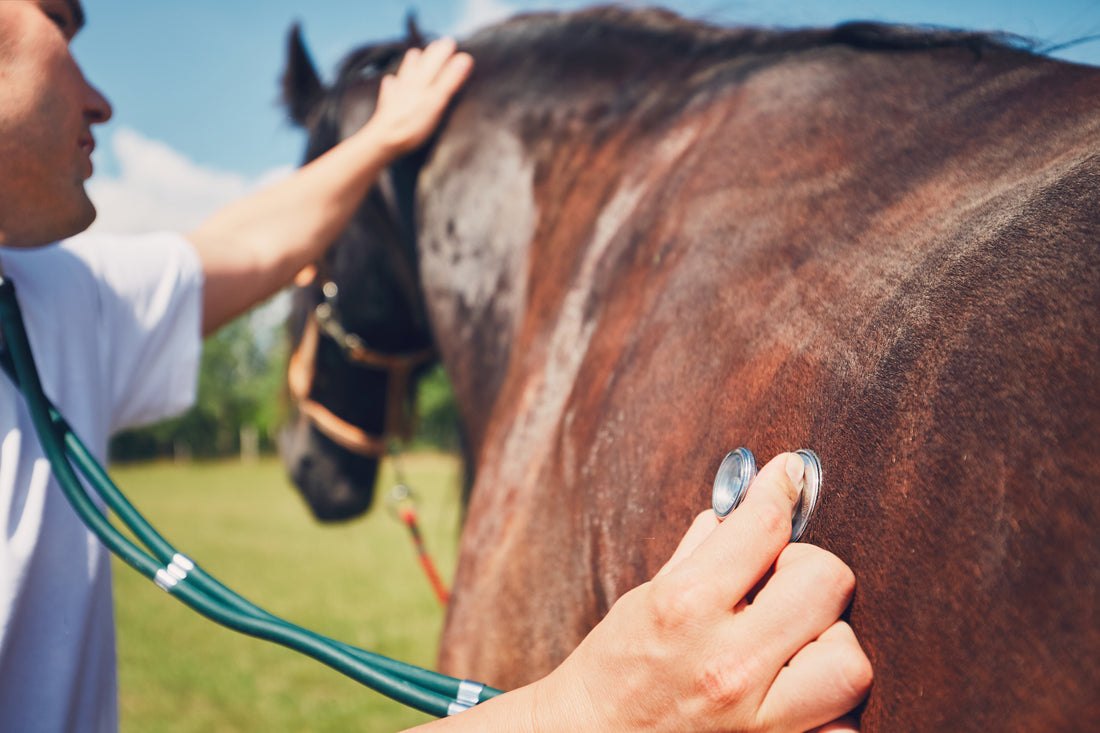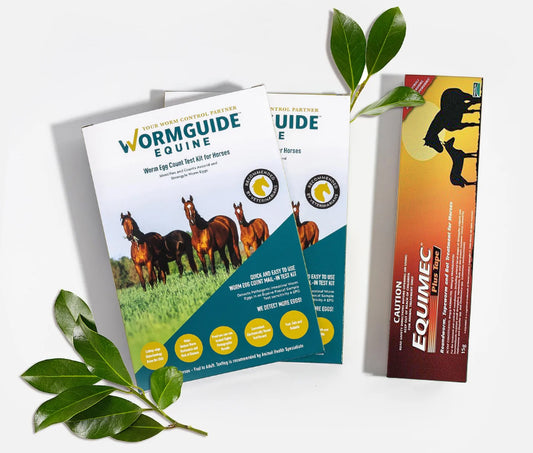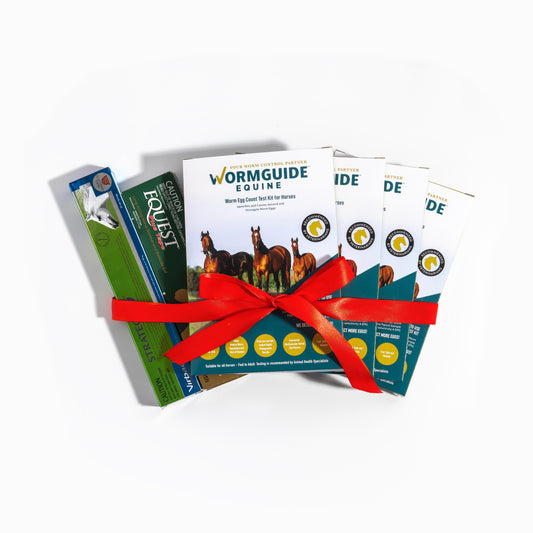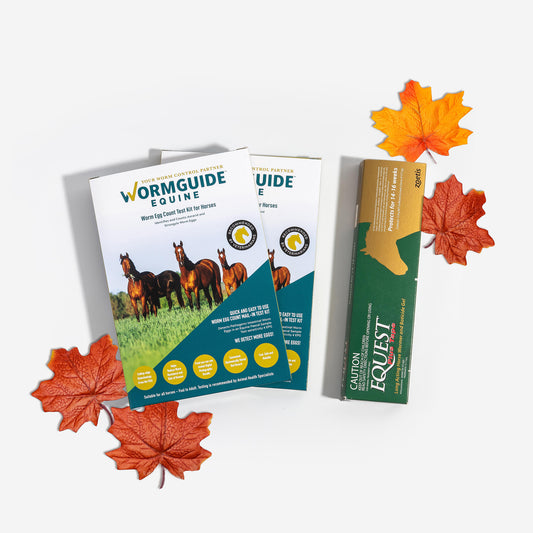Colic is to horses as heart disease is to humans. Both have been labelled ‘the world’s biggest killer’. For many decades, coronary heart disease has been the single leading cause of death in Australia. In 2015, almost 19,800 Australians died as a result of coronary heart disease. In that same year it is estimated that 7,000 Australian domesticated horses died from colic-related problems.
Colic is a serious horse health concern and it should always be taken seriously. Nobody wants their beloved horse to become one of these statistics.

What is colic?
Over the years, colic has become a broad term for a variety of conditions that cause abdominal pain in horses. We horse owners use it to describe all sorts of conditions that cause both mild and severe abdominal discomfort.
In some cases colic can lead to death in horses. Horse lovers like you and me, are crazy scared of it, and I’m sure I’m not the only one among us who has laid awake at night worrying about preventing colic in my horse.
It is a serious condition and a symptom of disease that requires prompt veterinary attention. But the news isn’t all bad!! Believe it or not, most cases of colic are mild and resolve with simple medical treatment.
What causes colic?
There are many causes of colic in horses, so prevention of illness is a vital step in keeping horse’s colic free. We WormGuiders are all about healthy happy horses and understand the important advantages of preventative horse health measures. Understanding the varied causes of colic helps you ward off potential colic associated illness and helps your horse live their healthiest best life.
All horses are unique and so are their circumstances but all horses with colic should be examined by a vet to determine the specific cause of their symptoms. A thorough physical exam, that may include a rectal examination, is needed to determine the cause of your steed’s colic so that best treatment options can be identified.
According to the AAEP, most causes of colic fall into one of three groups:
- Intestinal Dysfunction: This is the most common category and simply means that the horse's bowels are not working properly. Causes include migration of larval worms that affect blood supply to the intestines leading to a functional obstruction blockage with impacted food (sand or other foreign material), a build-up of gas (bloat), severe constipation or other digestive problems.
Did you know…. The larvae of large bloodworms have been known to form rock-like concretions in the large intestine called enteroliths? Google ‘enteroliths images’… you’ll be amazed!!
- Intestinal Displacements: Occur less frequently and include things like twists, displacements, and entrapment of a section of intestine. It seems like some horses are predisposed to these problems and they often require surgical correction.
- Inflammation or Ulceration: This one is also often caused by horse worms. Inflammation or ulceration can occur in the stomach, small intestine and the large intestine and is often caused by horse worms. It can also be caused by stress and infection.
** Heads Up! For those of you a little (or a lot) squeamish we have some kinda gross pictures of horse worms and horse worm associated colic coming up! For those of you that love it… get ready!
Despite the many varying causes of colic there is no hiding the fact that there is a clear association between horse worms and the risk of colic. All horse owners should implement a meaningful evidence-based horse worm management program that incorporates worm egg count tests as part of their colic prevention measures.
All horses have worms - this is normal - but when worm levels are too high horses are at risk of health impacts such as colic, so management is key. Many people mistakenly think they have to eliminate all worms (nuke the little scoundrels) to keep their horses safe, but worm free horses are not possible or desirable. Interval-dosing and rotational deworming put your horse at risk.
“The more we worm, the more resistance we get, and more and more horses will die of colic," explains Equine Internal Medicine specialist Dr Dave Rendel.
A range of parasitic nasties (including strongyles, ascarids, bloodworms and tapeworms) are known to have the potential to cause colic in horses. So, we must monitor the parasites, check that treatments are working and implement worm control measures. Effective evidence-based worm control helps to minimise the risk of colic from worms and replaces out-dated worm control treatments.
How does deworming affect Colic?
While some colics may be unavoidable, effective evidence-based deworming contributes to minimising the risk of colic from worms.
Many people ask us about the signs of colic or the best treatments for colic, when really, more horse owners should be asking: How do I prevent colic?
Equine parasitologists strongly and loudly recommend an evidence-based approach to horse worm control. The information provided by ongoing and accurate worm egg count tests, helps horse owners avoid potentially life-threatening worm associated colic. Without worm egg counts worm control is nothing more than a hit-and-miss haphazard attempt to kill these harmful and potentially life-threatening baddies.
Cue picture …
** Told you!

Our new worm management goals are to minimise the risk of parasitic worm disease by making sure worm levels are not high enough to produce symptoms such as colic and diarrhoea. (And to maintain effective dewormers for the future health of our horses. Read more about that here!)
We must strike a balance. We should treat our horses only as often as necessary and regularly evaluate the levels of parasite eggs that our horses are shedding (via their manure) using ongoing and properly timed worm egg count tests. These tests identify the type of worm your horse has: ascarids, strongyles or both, discover your adult horse’s natural immunity (level of strongyle egg shedding ) and assess if the deworming treatments are actually killing the egg laying worms. (Hello WormGuide digital fluorescence)
Ultimately, we should all implement targeted (selective) deworming programs based on worm egg count evidence, to limit parasite infections, so that horses stay healthy.
Some horse worm infestations are difficult to identify with worm egg type and count tests though, like these guys for example …

** Anyone else see fettucine?
So please, please, please follow current parasite control recommendations and incorporate strategic seasonal deworming to kill nasties like these tapeworms.
Read about strategic deworming and our Spring and Autumn Horse Worming Set here.
Important side note for foal and weanling owners: Young horses are particularly susceptible to colic caused by parasitic worm infection. Like human babies, our foal and weanling babies need extra special care and attention. Weanlings that are not wormed [with the correct dewormer] are reportedly at increased risk of ascarid-associated colic. When ascarid (roundworm) impaction occurs, masses of worms block and impact the small intestine. This can be deadly. When a foal has a heavy burden and is treated with an effective wormer, an increased risk of impaction with dead worms often occurs. Worm egg counts are recommended at weaning, to determine whether worm burdens are primarily strongyles or ascarids, to help facilitate the right choice of dewormer. Read about our Foal Care package here.
Parasite images courtesy of Dr Martin K. Nielsen, DVM, PhD, DACVM, University of Kentucky.
Image 1.1 Large Strongyle. Image 1.2 Tapeworm.
What are the signs of Colic in horses?
I love the way Dr Nancy Loving describes the appearance of a colicky horse. She says a colicky horse might look “zoned-out”. (I know that look!) Her comment reminds me that changes in behaviour are often an important indicator of illness. If your horse is unusually inattentive, preoccupied, not themselves and you feel like something might be wrong – trust that feeling. Chances are you are right.
The thing is not, all horses with colic show the same signs and not all horses will show all of the signs. There are common (non-clinical) signs of colic that we will list here. Clinical signs will vary depending on the type of colic causing illness in your horse so you must always involve your vet.
The most common signs of colic are:
- pawing with a front foot
- looking back at the flank area
- upper lip curling
- arching the neck
- bring rear leg up and kicking at the abdomen
- rolling or thrashing
- sweating
- straining to pass faeces
- increase in abdominal size
- loss of appetite
- and no or a decreased bowel movement
How to treat colic in horses?
Your vet will advise you on the appropriate course of action. Varied causes of colic = varied treatment advice. It is so very important that you follow your vet’s advice exactly and do not administer medication unless directed to by your vet. Some medications mask the clinical signs your vet is looking for during the examination.
Accurate health and worm management records are gold when investigating colic. When you call your veterinarian to attend your horse, it is so very helpful to have these records handy. Your vet will use them to help determine the likely cause and seriousness of your horse’s condition. WormGuiders are ahead of the game. Test results and horse worming history will help your vet determine a probable link to worm-associated colic.
That’s why permanently stored electronic test records are a standard feature of our Worm Egg Count Mail-In Test Kits. All customers receive access to individualised Electronic Test Records that conveniently store their horses’ ongoing worm egg count data. This test result history is permanently available, and we can send it to your vet for you too … winning!
How long does colic last in horses?
This is a hard one to answer because of the varied causes of colic and treatment options.
Most cases of colic are mild and resolve with simple medical treatment within a few hours but some have resumption of colic when medication wears off if the underlying cause is still there. Some horses are stoic, and the severity of the signs may not always reflect the severity of the problem so prompt veterinary attention is always a must!
While waiting for your vet to arrive there are some important and helpful things that you can do.
Look for poo. Your vet will want to know if your horse has passed manure and will probably be interested in things like its texture (dry? sloppy?) size (regular sized?) frequency (when did your horse last poo?) Look for clues in your horses’ environment: Can you see any poisonous weeds appearing on pasture? Did they eat new or old hay? If possible obtain a fresh poo sample to test for sand.
Tend to your horse and monitor them at least every 15 minutes while you wait. If you are concerned that your horse might hurt themselves (or you), walk them to prevent injury from rolling and thrashing but only if your horse is steady on its feet. Walking can help with gut motility too but remember to only walk your horse if it is comfortable - if your horse wants to lie quietly, AAEP advise that you can let him be - and never exercise aggressively or exhaust your horse.
Prevent, prevent, prevent is the catchcry!
Among other things like providing feeding systems that limit the intake of sand and dirt and making sure that your horse has daily exercise and turnout, an evidence based deworming program for horses is a must. Parasitic worm infections are rising and becoming more common as worms grow resistant to our existing anthelmintic treatments. Colic can be caused by a worm load in your horse and is deadly. Developing a targeting management plan focusing on worm egg counts is critical for reducing worms and preventing colic.
The WormGuide Worm Egg Count Mail-in Test Kit is the advantage you’ve been waiting for. Treat your horses right.
Are you ready to revolutionise your worm control approach to help prevent colic in your horse or herd?
If you want a healthier happier horse make sure you check out our collect sample and send Kit to WormGuide for the most precise egg count test available











